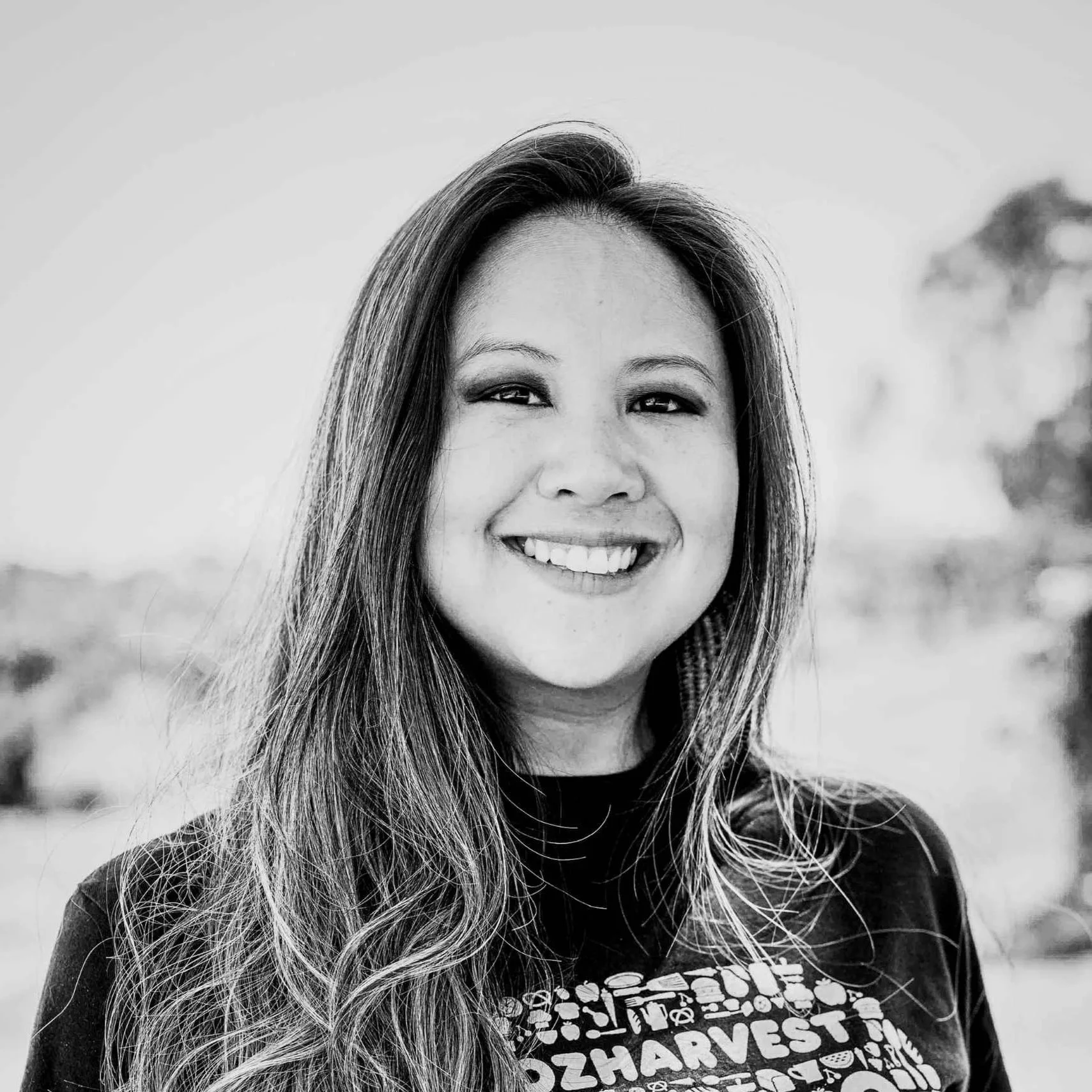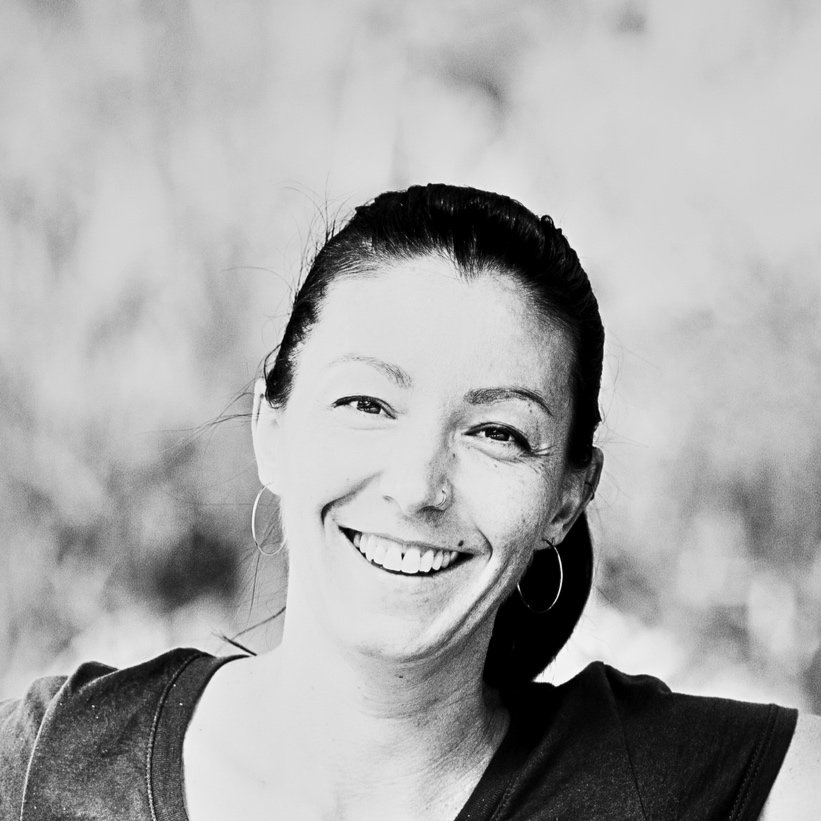Lacey Webb On Inclusive Admin Solutions Helping Communities To Manage Waste Sustainably
Founder & CEO of Resource Hub, Lacey Webb, has 20 years’ experience in Waste & Resource Recovery (WARR) and as a CPA and former industry CFO, is dedicated to leading her team to deliver target solutions across the WARR sector.
Lacey is currently the Vice President of the Waste Management & Resource Recovery Association of Australia. She is also Australia’s foremost authority on waste levy regulation and a leader in defining and implementing data and process standards across an entire industry.
With a team that’s fully flexible and largely female, she is an advocate for women in industry, was crowned the Australian 2022 Women in Industry Business Development Leader of the Year, and is a keen collector of bright red shoes!
Lacey discusses how she is using her waste management knowledge to create effective resource recovery solutions and The systemic challenges of reducing waste and maximising circularity.
Highlights from the interview (listen to the podcast for full details)
[Sarah Ripper] - To start off, can you please share a bit about your background and what led you to where you are today?
[Lacey Webb] - I'm an accountant, I have a wonderful (yet slightly boring) accounting degree and was a CFO of a waste group. After 10 years, I decided I needed a change. A few jobs later I realised I liked the waste and resource recovery sector; I just didn't want to be an accountant anymore. I still loved improving processes, so I did what many people did around the time of COVID-19; I registered an ABN, created a business, but I couldn't afford any full-time employees. I went to the people I knew in industry and started hiring a bunch of return-to-work mums to come and help me fix administrative challenges in the waste and resource recovery industry.
What challenges and innovative activities are occurring in this space you’re working in?
It's funny, because when I talk to people about what I do, they think I own a waste company. They think I collect rubbish bins or rummage through waste! What I suppose is interesting is in a sector like waste and resource recovery, we see our bins being picked up and news about the waste that goes into landfills. But there's an awful lot of compliance, regulation and administration that goes into that sector. Similar to a lot of industries, it doesn't sometimes get the love it deserves, but it has large dollar impact if it doesn't. We look at specific areas, mainly waste levies, and they're often the second largest cost to a local government behind payroll. If your largest cost is putting stuff in a landfill, it's important you've got the right people paying attention to that and making sure you don't pay too much, because you want that money to do more meaningful stuff. You want to be paying for better bin programs, more recycling options and educating kids in the community. That's the sector we fit into; we don't run facilities and sadly don't do any of the amazing, innovative work in creating new products.
We help that traditional side of the sector, landfills transfer stations and recycling facilities, to stop focusing on administrative tasks. We take care of that so they can go and focus on the incredible avenues available, such as what can we do with soft plastics? How can we use materials for other purposes? How can we develop circular economic principles?
As a recent Coralus venture, what have been the impacts you've generated?
We're a Coralus venture and the Small Business Leader Winner of the Year for the Women's Agenda Awards. We're up for a few awards in the waste sector as well. What we do helps other people to be innovative. We're seeing incredible things happening in the space of e-waste recycling at a larger scale than just separating components and recycling. There are great plastics and solar recycling facilities, and all these new sectors coming up are challenging the waste system. But an interesting job we've just done for someone was a regional local government who told us they've got a lot of agricultural plastic. It was chicken crates, the big plastic crates you move chickens with between farms. We've helped them and 12 surrounding councils pull together an application for a $6 million grant to implement a regional recycling solution for hard, difficult to handle agricultural plastic. It’s been about thinking smart; we’re partnering with a national rail partner and a recycler in metropolitan Sydney who told us they can use all the plastic if we can get it to them. Then they've also partnered with a company who is going to take all the plastic back to that region in central New South Wales, and us it to build infrastructure in those same 13 councils. It’s a solution for real challenges.
What key possibilities and learnings have you encountered as a leader in this space?
There are interesting things happening with managing difficult wastes. As a community, we tend to think about the waste we see at home a lot, but the targets we have as a nation are focused on tons and how much stuff weighs. That usually comes down to heavy things like bricks and concretes, which we traditionally have parts for. Now we're seeing a real focus on specific challenging waste like tires. One of the local winners at the Waste Innovation Awards was a company who turns tires into a biofuel. They have very limited residual waste, and that fuel can create energy for other projects. We're seeing people doing small scale, remanufacturing of products that otherwise would end up in landfill. They're diverting this waste to create new things. The thing that limits that from happening is we're a separated country. Our population is widely spread, we're not particularly high density even in our capital cities. Because of that, we don't necessarily have the investment other countries have in that recycling space.
There’s this perception we're behind maybe Europe or The United States but look around, there's some great stuff happening here. It's important we as a country make sure we don't reinvent the wheel, and instead learn from what other people have done to go forth and deliver great resource recovery outcomes.
The other exciting thing I saw recently was something basic. Small regional councils are rolling out yellow bin systems. Not everybody has the recycling bin you may have at home! There are so many areas across Australia where we maybe have one rubbish bin, so you just don't separate your waste. As of the 1st of November in Queensland, you can now recycle wine bottles in the container refund scheme and get 10 cents back. We're expanding the program for small-scale recyclables, and Victoria today introduced their own container recycling program, so you get 10 cents back for cans and bottles. The 1st of November is a big deal in the 2023 recycling space!
What inspiring projects or initiatives have you come across recently creating a positive social change?
The interesting thing about being a Coralus venture this year was seeing opportunities outside my sector. I have a business that's very focused on what we do, so it was cool to see some of the initiatives happening around me I don't necessarily get to see a lot of. I came across Stymie, which is a school-based program supporting Youth in reporting challenging issues within schools. That program is supporting whole communities in the other parts of their program. The team at Stymie and Rachel blew my mind. As a woman of a certain age who doesn't have kids, it's not something I've given a huge amount of thought to. Not only did it make me think about the challenges my friends, nieces and nephews have, it just made me think about broader challenges of communication in general. We as a community, don't communicate about scary, icky stuff. We just don't talk about it, so that was fascinating. The other thing I was happy to see recently was a little bit more in my sector. There's a whole piece now around writing new standards for how to compost and recycle textiles. There's a woman who's heavily in the sector, Meriel Chamberlain, who's just been awarded funding to go and do research on this. I can see Australia is going to dive into this space, where we're talking about putting compost or composted textiles into what might traditionally be food or garden organics.
What I liked about that was sometimes when people speak about recycling, there can be a real disconnect between the traditional and new sector. The new sector wants to passionately solve problems, while the traditional sector wants to make sure they meet regulatory compliance needs.
Sometimes the two don't meet. I love the questions she is bringing to the table that are inclusive of the traditional sector as well as the new resource recovery circular economy approach. They’ve started considering how these initiatives are going to affect farmers? What are the blockers going to be? Why do people buy these products? They went back to basic questions, and that's important when you're talking about innovation. Why do we do it, what's the benefit, who's it going to benefit, what's the risk if we don't do it? Between Stymie and Meriel, there's going to be some cool things happening with women led businesses. As a female led business with an 84 percent workforce of women (and until three months ago, we were all female), I'm a big fan of supporting female led businesses.
To finish off, what books or resources would you recommend to our listeners?
Depending on what you're after and whether you’re a start-up, scale-up, male, female, there are all sorts of different things you can read. I recently downloaded a book I can't put down, and it's called How to Build a Business Others Want to Buy by Coby Simmet. I'm a firm believer in the importance of knowing why you started a business. I didn't start a business to build myself a job, I started this business to solve a problem and keep myself entertained. But then I also realised I wanted to give other jobs. Having that end goal is important, and seriously I can't put the book down. The other one I love is The Life Changing Magic of Not Giving a F*ck (excuse the Language, I work in the waste industry which means I say f*ck a lot)! It’s by Sarah Knight, she has a whole suite of these books and they're just real. They talk about her experience of wasting time doing stuff that has no meaning or value to her, it’s authenticity 101.








